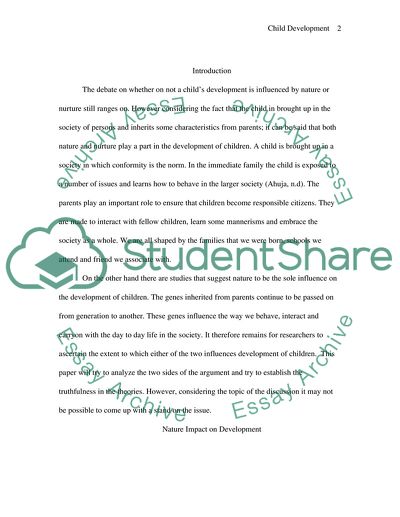Cite this document
(For or Against the Influence of Nature and or Nurture in Childhood Dev Essay, n.d.)
For or Against the Influence of Nature and or Nurture in Childhood Dev Essay. Retrieved from https://studentshare.org/psychology/1729791-for-or-against-the-influence-of-nature-and-or-nurture-in-childhood-development
For or Against the Influence of Nature and or Nurture in Childhood Dev Essay. Retrieved from https://studentshare.org/psychology/1729791-for-or-against-the-influence-of-nature-and-or-nurture-in-childhood-development
(For or Against the Influence of Nature and or Nurture in Childhood Dev Essay)
For or Against the Influence of Nature and or Nurture in Childhood Dev Essay. https://studentshare.org/psychology/1729791-for-or-against-the-influence-of-nature-and-or-nurture-in-childhood-development.
For or Against the Influence of Nature and or Nurture in Childhood Dev Essay. https://studentshare.org/psychology/1729791-for-or-against-the-influence-of-nature-and-or-nurture-in-childhood-development.
“For or Against the Influence of Nature and or Nurture in Childhood Dev Essay”, n.d. https://studentshare.org/psychology/1729791-for-or-against-the-influence-of-nature-and-or-nurture-in-childhood-development.


